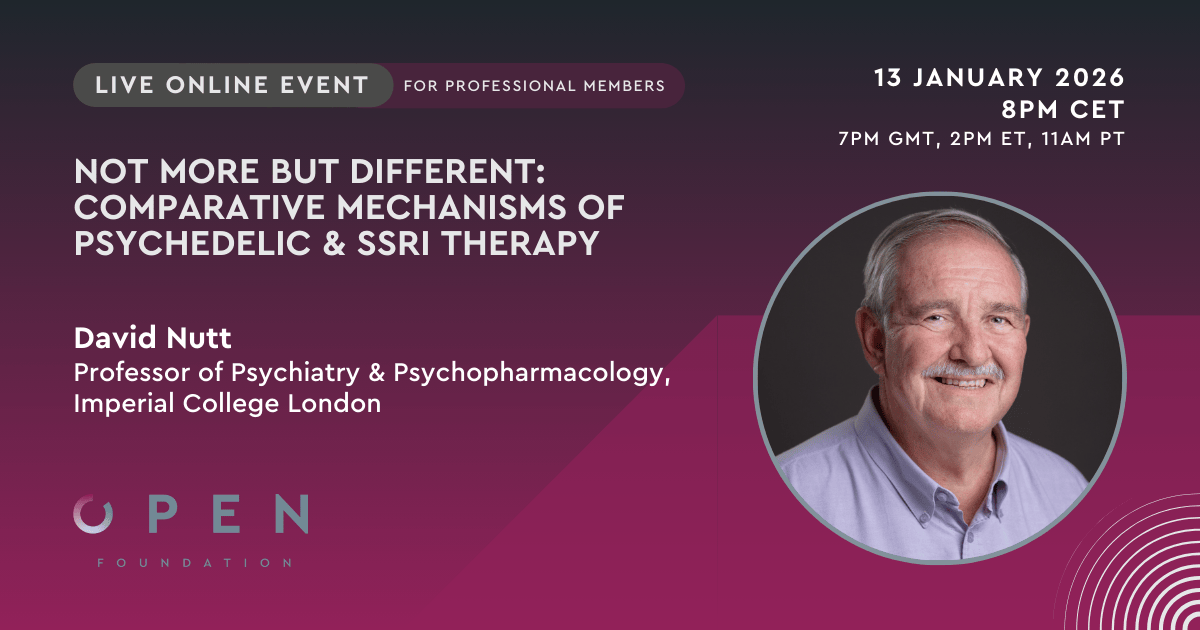Abstract
The paper describes the results of a clinical study exploring the potential of a complex psychotherapeutic program utilizing psychedilic compounds to alleviate the emotional and physical suffering of cancer patients. A total of 60 cancer patients participated in this experimental study. In 44 of these patients, LSD (200-500 μg per os) was administered as an adjunct to psychotherapy; in 19 patients, a new psychedelic compound, dipropyltryptamine (DPT) was administered (60-105 mg i.m.). Three of these patients received both LSD and DPT administered on different sessions. The therapeutic results were assessed by means of a rating scale reflecting the degree of the patients’ depression, psychological isolation, anxiety, difficulty in management, fear of death, and pain. The ratings were done by attending physicians, nurses, family members, LSD therapists and cotherapists, and independent raters. In addition, the amount of narcotics required in the management of the patient was measured before and after the psychedelic sessions. Systematic rating was carried out in a group of 31 cancer patients treated by LSD. The comparison of the means of individual ratings from pre to posttreatment showed significant improvement in all the measured parameters for most of the raters. There was a definite reduction of the narcotic medication; it did not, however, reach the level of statistical significance. The pre to posttreatment comparison of the global indexes used as gross indicators of the degree of emotional and physical distress, indicated that approximately 29% of the patients showed dramatic improvement, and another 41.9% moderate improvement, with 22.6% essentially unchanged. In 6.4% of the patients, global indexes showed a decrement in the posttherapy ratings.
Grof, S., Goodman, L. E., Richards, W. A., & Kurland, A. A. (1973). LSD-assisted psychotherapy in patients with terminal cancer. International pharmacopsychiatry, 8, 129-144., 10.1159/000467984
Link to full text









